Public Deliberations on Human Genome Editing
Program Areas – Responsible Innovation, Complex Socio-technical Systems
Future-Focused Deliberations on Human Genome Editing
The rapid development of human genome editing technologies has raised significant questions about these tools’ potential and proper applications and societal impacts; as well as broader practical and philosophical questions of authority, governance, and future-making around technological innovation in society. Expert bioethics and policy discourse about genome editing has exploded in the last five years. High-profile expert statements and major consensus reports from the German Ethics Council, the National Academies of Sciences, Engineering, and Medicine, and the Nuffield Council on Bioethics have stressed the importance of forward-looking policy development and deliberative public engagement to guide the future of human genome editing.
This project responds to these recommendations through anticipatory governance, a suite of methods designed to build capacity for foresight, reflection, and flexibility in decision-makers and publics involved with emerging technologies. Early public engagement efforts and anticipatory knowledge generation aim to identify relevant public values; the ways in which different development and implementation trajectories could support or undercut those values; and ways in which researchers, policymakers, and other stakeholders may promote desirable over undesirable development pathways. In the human genome editing context, this project operationalizes anticipatory governance through three sequential objectives.
Project Objectives:
Objective 1: Identify social, ethical, and political driving forces and critical uncertainties relevant to human genome editing research and develop a set of plausible scenarios. We will use insights from qualitative interviews and inputs from an expert scenario development workshop to develop plausible futures for human genome editing. These scenarios will highlight technical and governance considerations, as well as broader societal roles and impacts, involved with human genome editing.
Objective 2: Identify public values, beliefs, and concerns about the future of human genome editing. Building on the outputs of Objective 1, we will host large-scale public deliberations in three U.S. cities to elicit informed, reflective, and inclusive public views regarding human genome editing. The deliberations will investigate the tradeoffs participants consider when thinking about the different scenarios, the rationales for their preferences, and potential concerns related to this emergent technology. We ultimately aim to develop actionable understandings of public preferences regarding governance of human genome editing.
Objective 3: Synthesize deliberation outputs, identify governance gaps, propose policy responses, and engage agencies and policymaking groups. Fusing outputs from the first two phases of research, we will then identify urgent value tensions, governance gaps, and other priorities for governance of human genome editing technologies. We will develop policy recommendations for addressing public values, communicating our outputs to agencies, funders, and policymaking groups relevant to human genome editing.
In addition to contributing to policy, this project is intended to develop forward-looking, democratically derived, and ethically reflective processes useful in preparing for possible futures. Such processes may help to support proactive rather than reactive science policy, guided by sustained and substantive interactions between publics, experts, agencies, and institutions to improve connections between scientific practice and public values.
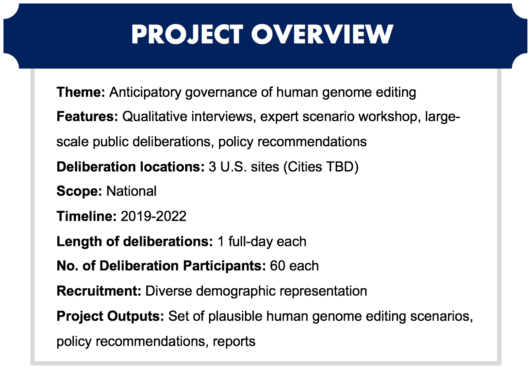
Funder
This project is supported through a generous grant from the National Institutes of Health (Project #1R01HG010332-01A1).
Partners
This project is a collaboration between Arizona State University, Baylor College of Medicine, and the Museum of Science in Boston.
Publications
- Scott CT and Selin, C (2019) What to Expect When Expecting CRISPR Baby Number Four. American Journal of Bioethics 19:3, 7-9.
Blogs
- Haley Manley, February 28, 2020, Whom do we hold accountable in science?
- Chris Scott, April 27, 2018, CRISPR: A democratizing technology calls for democratic dialogue
News Briefs
- ASU News, September 19, 2019, Grant to fund research on future of human genome editing
- BCM News, August 29, 2019, Grant to fund research on future of human genome editing
- Genomeweb, August 29, 2019, Baylor, Arizona State University Nab $1.6M NIH Grant to Develop Genome Editing Governance
Meet the Project Team
Principal Investigators
-

Cynthia Selin
Associate Professor, School of Sustainability
-
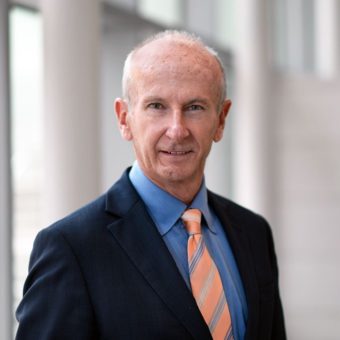
Christopher Scott
Dalton Tomlin Chair of Medical Ethics and Health Policy
Additional Team Members
-
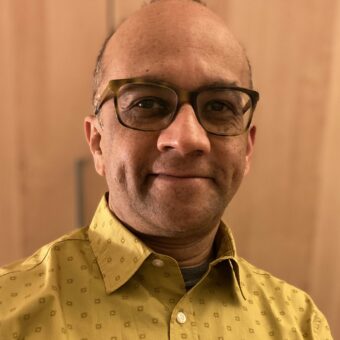
Mahmud Farooque
Associate Director, CSPO
-
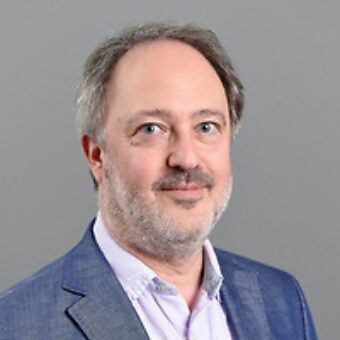
David Guston
Assoc Vice Provost & Professor, Consortium for Science, Policy & Outcomes
-
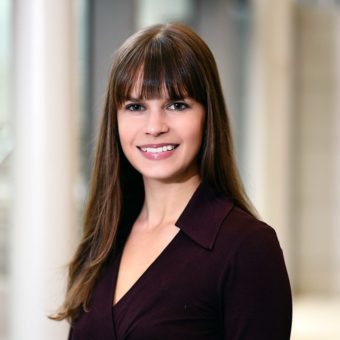
Stephanie Morain
Assistant Professor in the Center for Medical Ethics and Health Policy at Baylor College of Medicine
-
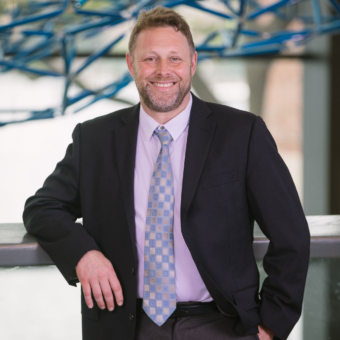
David Sittenfeld
Director, Center for the Environment, Museum of Science, Boston
-

Haley Manley
Research Assistant II at Baylor College of Medicine
-
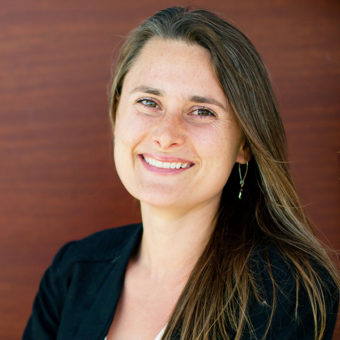
Lauren Lambert
PhD Student, Complex Adaptive Systems Science, School of Sustainability
-
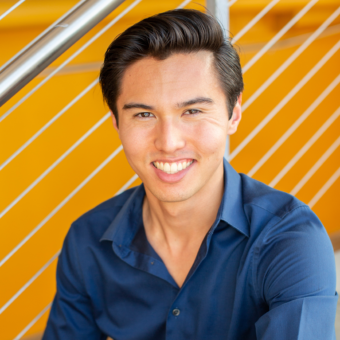
John Nelson
Doctoral Student, Arizona State University
-
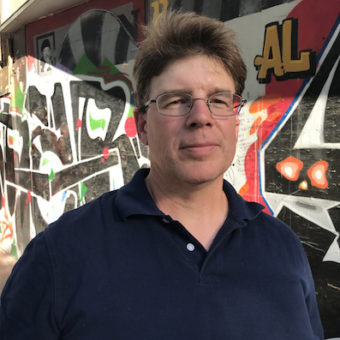
David Tomblin
Director, Science, Technology and Society Program, University of Maryland, College Park
-
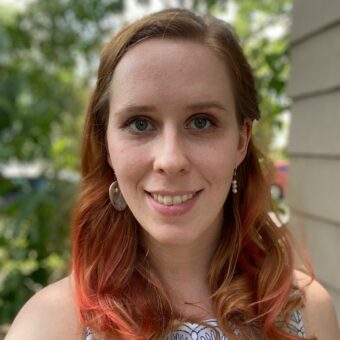
Janine Myszka
Forum Education Associate, Museum of Science Boston
-
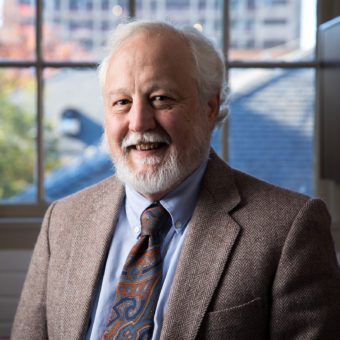
Eric Juengst
Director of the UNC Center for Bioethics
-

Jeffrey Kahn
Director, Berman Institute of Bioethics at Johns Hopkins University
-
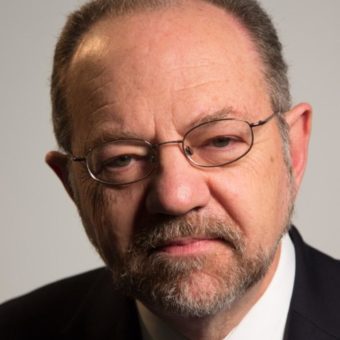
Jonathan Moreno
David and Lyn Silfen University Professor of Ethics